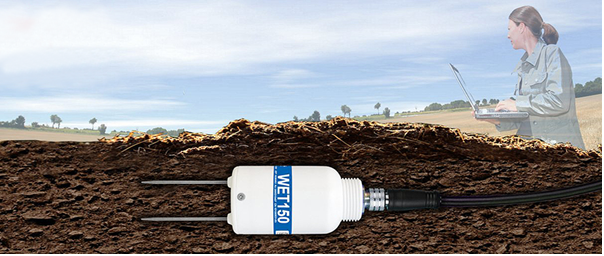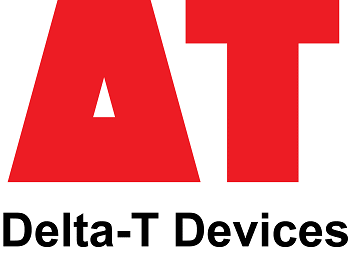Measurement technologies developed by the prestigious National Physical Laboratory (NPL) in the UK played a crucial role in the creation of Delta-T Device’s latest digital multi-parameter sensor, known as the WET150.
The primary objective of this development endeavor was to craft a high-quality sensor for research purposes at an affordable price, thereby encouraging its widespread use in commercial horticulture. Such technology can significantly enhance crop yields and quality while minimizing water wastage.
When inserted into soil or substrate, the WET150 Sensor gauges three essential factors that impact plant growth: moisture content, temperature, and EC (Electrical conductivity), which serve as a robust indicator of nutrient levels.
The National Physical Laboratory’s participation in the project primarily revolved around the challenges of calibrating a sensor capable of concurrently measuring soil conductivity (EC) and soil permittivity, from which moisture readings are derived.
Dr Panos Ioakim, Head of Engineering at Delta-T Devices, says, “We have a long history of working with the NPL on sensor designs, and their Measurement for Recovery (M4R) programme was an invaluable resource for us during our in-house development of the WET150 Sensor. Their expertise resulted in a process that enabled the WET150 to be characterized and calibrated using NPL traceable reference standards.”
The collaboration between Delta-T Devices and NPL culminated in the formulation of new dielectric fluids with permittivity and conductivity properties closely resembling those typically encountered in soils and soilless growing media.
Dr Ioakim continues, “There were two very significant outputs from the M4R project; firstly, the understanding of how to design a calibration fluid with specific permittivity and conductivity properties - and secondly, delivering NPL traceable reference measurements to enable sensor characterization and calibration in these new fluids. Much to our delight, the agreed program of collaborative activities was up and running very quickly and it provided useful early results that were immediately beneficial to the WET150 design program. These outcomes undoubtedly helped us to achieve our goal of developing a true research-grade soil sensor at a price point previously not thought possible.”

Image Credit: Delta-T Devices Ltd

This information has been sourced, reviewed and adapted from materials provided by Delta-T Devices Ltd.
For more information on this source, please visit Delta-T Devices Ltd.